New Zealand is a relatively young country compared to those where most genealogists are used to conducting their research. The country is young in terms of human settlement, but also geologically, with the more prominent natural feature in the largest city, the volcano that is Rangitoto Island in Auckland Harbour, some 300 years younger than Windsor Castle!
The very first settlers arrived over 1000 years ago with the first wave of Polynesian settlement in about 800AD. It is believed that there were successive waves of migration and that by the 14th century settlement was established throughout the country with more intense settlement in the warmer northern areas of the country. In this period of our history the only records of any kind were oral.

“Before the coming of the Pakeha [European] to New Zealand with his superior technology, all literature in Maori was oral. Its transmission to succeeding generations was also oral and a great body of literature, which includes haka [dance], waiata [song], tauparapara [chant], karanga [chant], poroporoaki [farewell], paki waitara [stories], whakapapa [genealogy], whakatauki [proverbs] and pepeha [tribal sayings], was retained and learnt by each new generation”
Timoti Karetu, Language and Protocol of the Marae [meeting place], in Te Ao Hurihuri, ed Michael King, 1975, Longman Paul, Auckland.

The first European settlement was of traders and whalers who settled in the northern part of the country in the early 19th century and by the 1820s were living in the coastal areas further south. By the mid to late 1820s the first missionaries were arriving and setting up mission stations in various parts of the country.
Official records of births, deaths and marriages began with the registration of European settler births and deaths from 1848, and marriages from 1854. The registration of Maori marriages occurred in 1911, followed by births and deaths from 1913. Maori and European records were kept separate until 1961.
Until recently there were very few online resources for genealogists in New Zealand, but over the last couple of years there has been an explosion in terms of what is now available.
Census
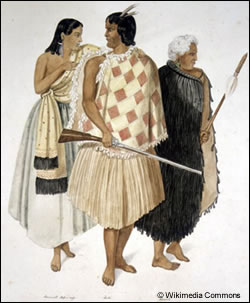
Census information, the backbone of research for most genealogists is not available for New Zealand. No census information concerning individuals has ever been released and there are no plans to release any of the data in the future.
Electoral Rolls
In the absence of a census, electoral rolls can be a source of useful information, provided the area to be searched is narrow. None of this information is available on line at the current time. The early electoral rolls are only available on microfiche and are organised by electorate. Each electorate is organised alphabetically in surname order, so it is possible to find parents and adult children together in one household. Others in the same house with a different surname are not immediately obvious without searching for them individually. The genealogy section of most libraries and Latter Day Saints (LDS) genealogy centres hold copies of the microfiche.
The first parliamentary elections were held in 1853. At this time the right to vote was restricted by sex, age, nationality and possession of property, but not, in theory, by race. People who were not British subjects were excluded, as were people who had been convicted of treason, felony or other serious offence. Maori men were allowed to register and to vote but in reality most were excluded because the land they owned was owned communally and not by separate title like Europeans. In 1881 all men were entitled to vote, and women were given the vote in 1893.
Births, Deaths Marriages
Until very recently, none of this information was available for on line research.
However this site Birth, Deathand Marriage Historical Records now has information that includes:-
• Births that occurred at least 100 years ago
• Stillbirths that occurred at least 50 years ago
• Marriages and eventually civil unions that occurred 80 years ago
• Deaths that occurred at least 50 years ago or the deceased’s date of birth was at least 80 years ago.
Limited information outside this date range is available on microfiche in genealogy centres. This information includes the registration number which is used to order the correct certificate. Where information is available on the site, certificates may be ordered online using credit card details.
The information available on New Zealand certificates has varied over the years, but generally includes:-
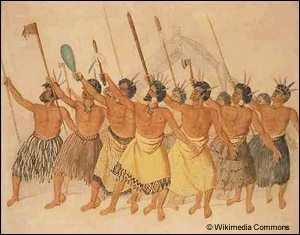
For birth certificates:
The local registration number
Child information
• When and where born
• Name of the child and whether present or not
• Sex
Father Information
• Christian name and surname
• Rank or profession
• Age
• Birthplace
Mother Information
• Christian name and maiden surname
• Age
• Birthplace
Parents information• When and where married
For marriage certificates:
The local registration number
Bride and Groom
• When and where married
• Name and surname of the parties
• Ages
• Rank or profession
• Condition of parties
• Bachelor or spinster (or as case may be)
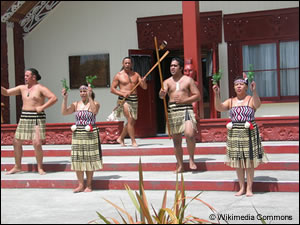
• If widow or widower date of death of former wife or husband
• Birthplace
• Residence: Present, Usual
Parents
• Fathers Christian name and surname
• Fathers rank or profession
• Mothers Christian name and surname
Signatures
• Bride and groom
• Witnesses
• Officiating minister or registrar
For death certificates:
• Local registration number
The deceased
• When and where died
• Christian name and surname
• Rank, profession or occupation
• Sex and age
Details of death
• Cause of death
• Duration of last illness
• Medical attendant who certified the death and when he last saw the deceased
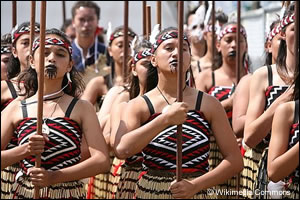
Parents
• Christian name and surname of father
• Christian name and is known the maiden name of mother
• Rank, profession or occupation of father
Burial details
• When and where buried
• Name and religion of the minister, or name of witness of burial
Birth details
• Where born
• How long in New Zealand
Marriage details
• Where married
• At what age married
• Children
• If living issue, the number, age and sex
• To whom married
Informant
• Signature, description and residence of informant
• If the entry is a correction or a former entry signature of witness
• Who witnessed the correction
Registrar
• Signature of registrar
• Date of registration
Adoption
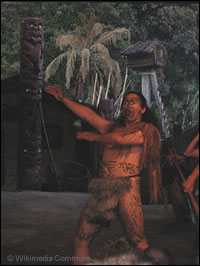
All adoption records are sealed and information is only available to the adoptee. This includes copies of the original birth registration. While the birth registration is listed on the records on microfiche, the birth certificate will not be released. It is possible to apply to the registrar for release of original birth certificates 120 years after the adoption took place, but there is no guarantee that the information will be supplied.
Divorce
Some records of divorce are available through the New Zealand Archives. It is possible to search for this information on the Archway site: Archives New Zealand – Archway. Release of any detail may require the permission of the court.
Cemetery records
There are a number of cemetery records available online, the records of some cemeteries include photographs of individual graves.
Cemeteries of New Zealand
New Zealand Cemeteries
New Zealand Armed Forces Memorial Project
This last site is part of a project to photograph and collect a pictorial record of New Zealand war graves and memorials both overseas and in New Zealand and to record the stories of military personnel, whether they lost their lives or returned home. Site has links to Commonwealth War Graves Commission and numerous military sites.
Service records
New Zealand History online: Military links
This site has a number of links to information on men and women who have served in the New Zealand armed forces including information on how to order service records.
World War One records are now held in the National Archives and may be ordered through the Archway website. Release of WW2 records is restricted to the service persons own records, or they may be released with proof of death of the service person concerned.
Papers Past
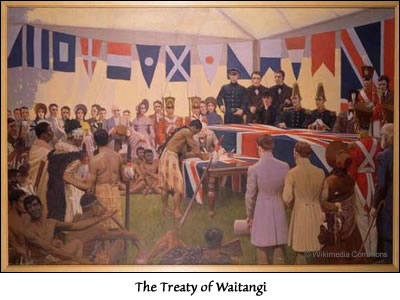
Papers Past contains more than one million pages of digitised New Zealand newspapers and periodicals. The collection covers the years from 1839 to 1920 and includes publications from all regions of New Zealand. There are 137,616 newspaper issues with searchable text and 86,824 newspaper issues without searchable text which may be reviewed by browsing Papers Past.
Archives
The New Zealand Archives are housed in Auckland, Wellington, Christchurch and Dunedin. Each office generally holds public archives from the government offices located within their catchment area. For Auckland this is government offices north of Taupo, including Gisborne. For Wellington, this is government offices in the lower half of the North Island (south of Taupo) plus Nelson and Marlborough. For Christchurch, this is government offices in Canterbury and Westland, for Dunedin this is government offices in Southland and Otago. The majority of records are held in Archives New Zealand’s National Office in Wellington.
There are three ways that the Archives may be accessed. For those able to visit the archives there is the ‘Reading Room Service’, where Archives New Zealand staff will assist individuals who visit the four reading rooms to review the finding aids and order archives for viewing. This service is free except the copying of records.
Where the records required are known and specific, there is online ordering, where people can order copies of specific records, or request an archivist to view a specific record on their behalf.
It is also possible to use the remote service, where people can request Archives New Zealand staff to conduct a limited search on their behalf for a fee, and advise on the results in writing.
Copies of archives can usually be provided through these services provided that copying will not damage the original archive. Access to records held in the National Archives is increasingly accessible through Archway, Archives New Zealand – Archway. This site contains descriptions of over 1.5 million records held in the Archives. Future planning for the site includes access to digitised records through the site.
Clergy
A database of Church of England Clergy who served in the province of New Zealand and Polynesia from colonial times through to an ordination date of 1930 is available online: Anglican Clergy in the South Pacific.
This data base includes some genealogical information, the aim being to identify at least the probable parents and grandparents for each clergyman and his wife, and also contains information on the clergyman’s education and service in the church.
KiwiChris
© KiwiChris 2009